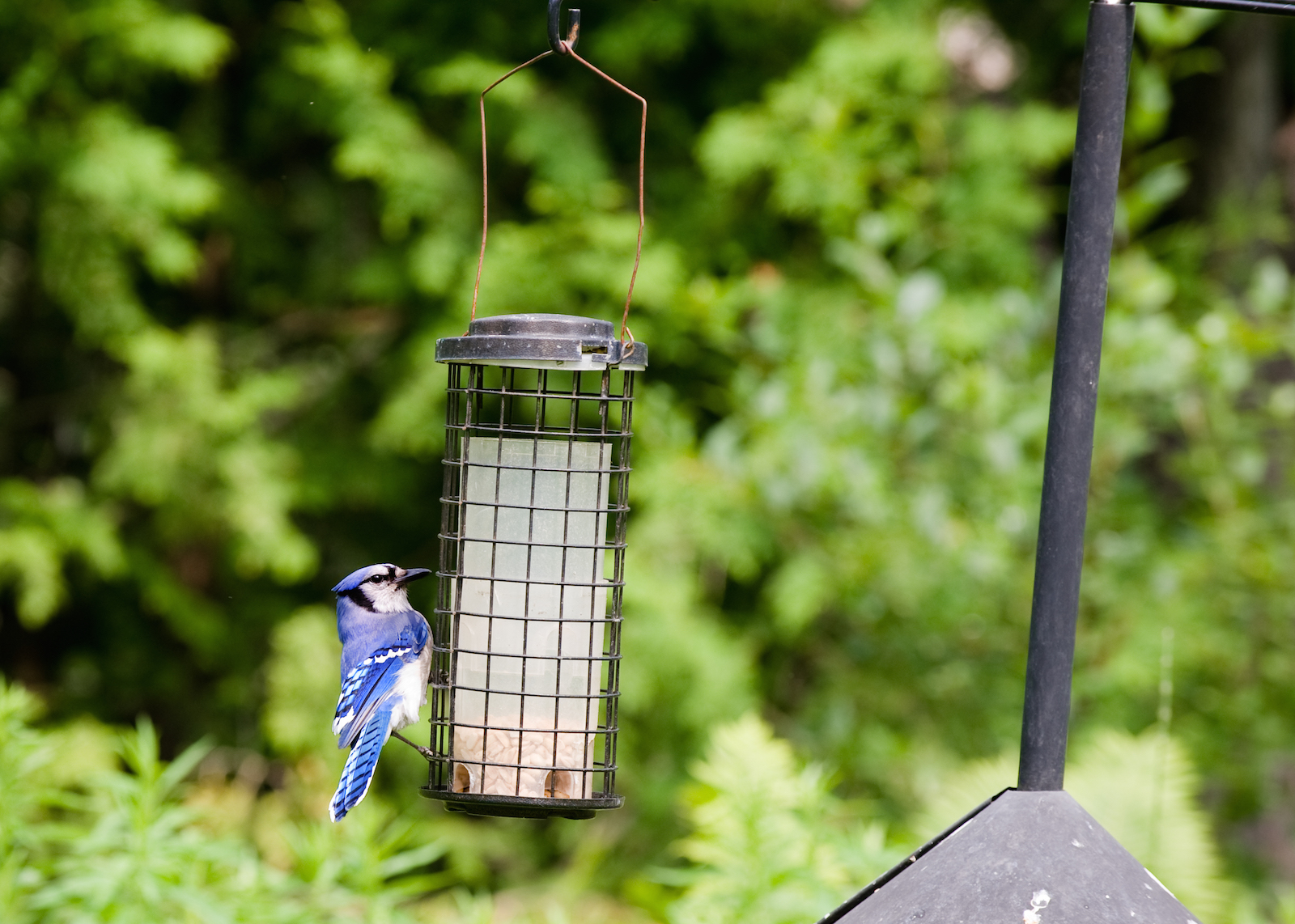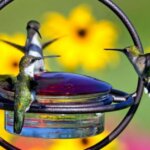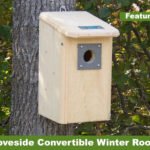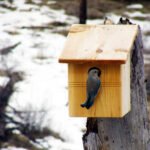
There’s something wholesome, rewarding, and selfless about putting out some seeds for birds to eat. It can’t be easy living life out in the cold, trying to tell the difference between sky and windows, escaping the clutches of cats, and finding viable sources of food.
But, according to a new study, bird feeders may not be entirely helpful.
The study, which was conducted by researchers at Auckland University, found that urban bird feeders were more likely to attract and benefit nonnative species than native species.
Researchers concluded it might ultimately be harmful to native species because it helps nonnative species thrive. As a result, nonnative species become stronger and more likely to take natural resources from local birds.
This makes sense… to a certain extent.
First, the study only applies to urban areas where nonnative species are more abundant. In rural areas, there is typically a greater diversity of species (well, at least that’s what conventional wisdom used to say until some recent findings). Putting up feeders in rural areas can make life easier for birds.
Second, this doesn’t take harsh winters into account. Many places already recommend taking down feeders during spring and summer because there’s more than enough food for birds to find. But, during winter (especially in the northern parts of the United States), finding food and water is extremely taxing.

Third, feeding birds is a way for people to better connect with nature and understand the plight of birds. Because I feed birds, I feel more motivated to vote for initiatives that promote conservationism.
Finally, it’s very possible to feed birds without helping nonnative species. Features like wire cages and weighted perches prevent larger birds from raiding feeders. Many aggressive birds will devour seed from mixed bags; on the other hand, offering suet, nectar, and fruit will often discourage nonnative species.
In a vacuum, feeding birds in a haphazard manner in urban areas might not be the most beneficial way to bolster the populations of native species, but there are ways to minimize the effects your feeding has on different species.
Even though this study is being touted as a reason why feeding birds is “for the birds,” don’t let it discourage you.




Comments are closed.